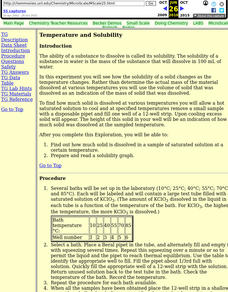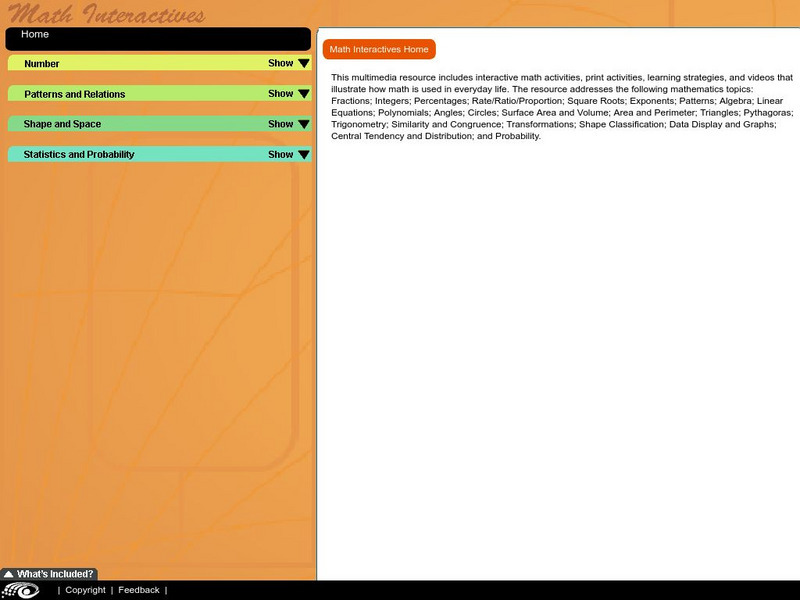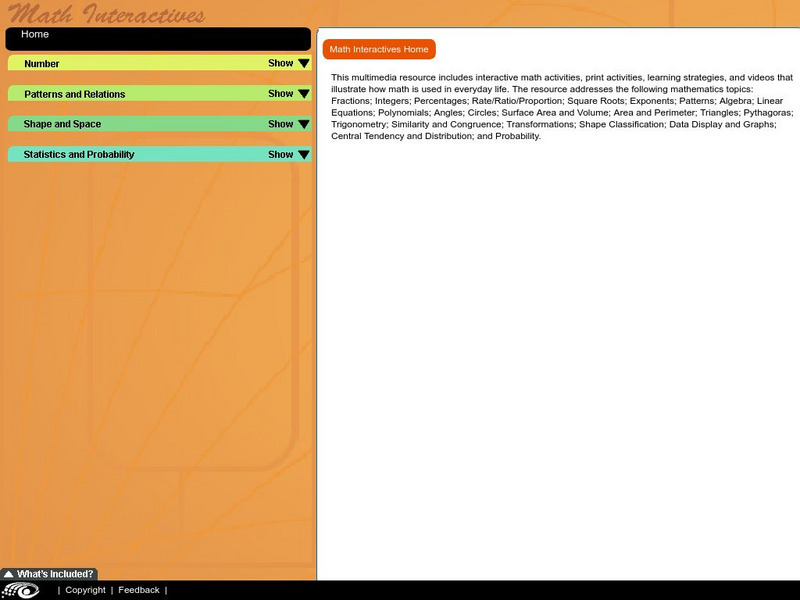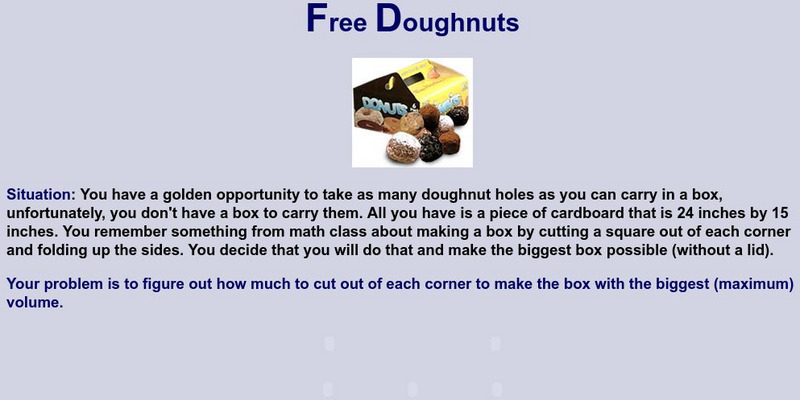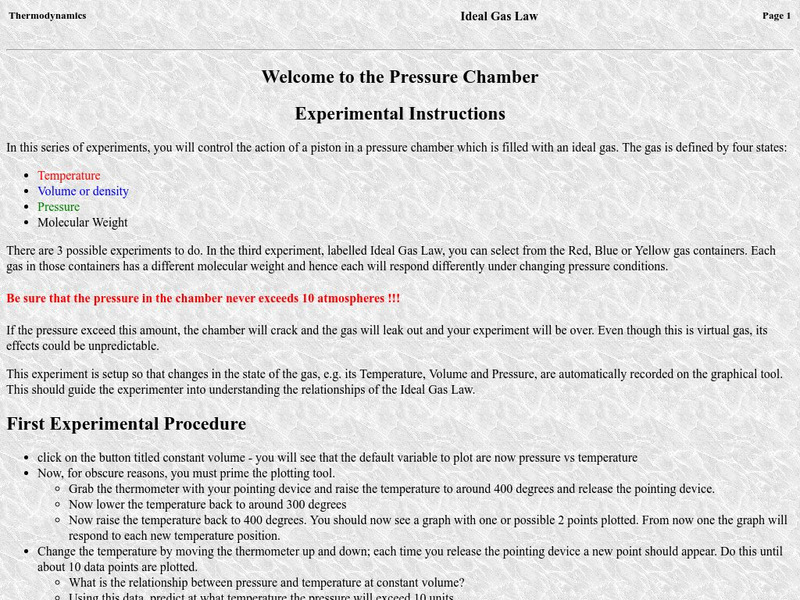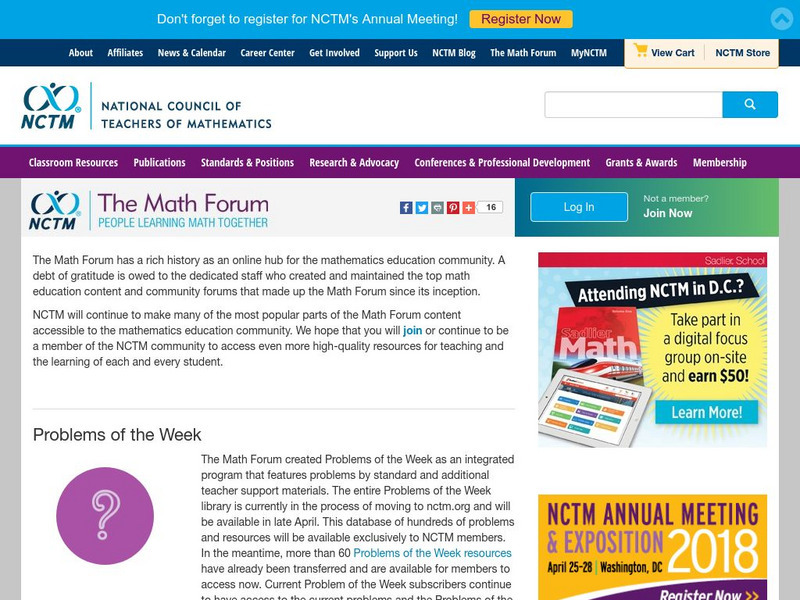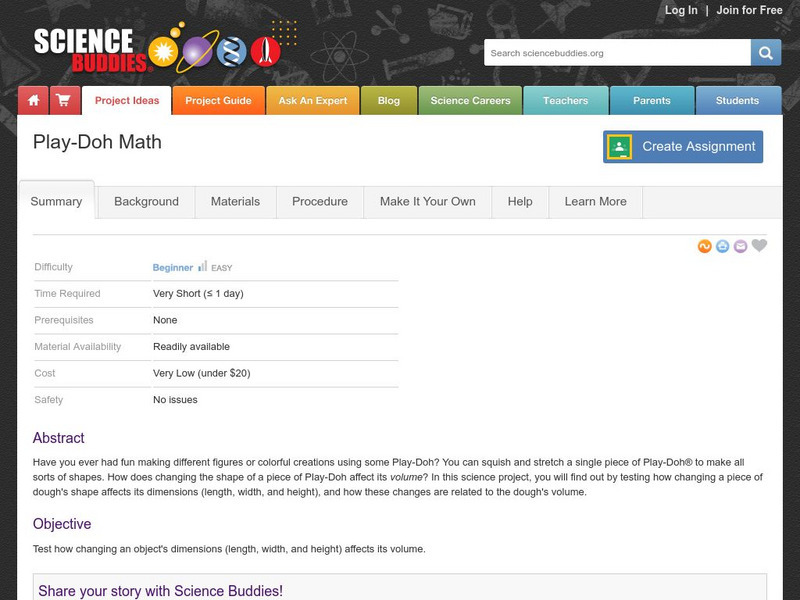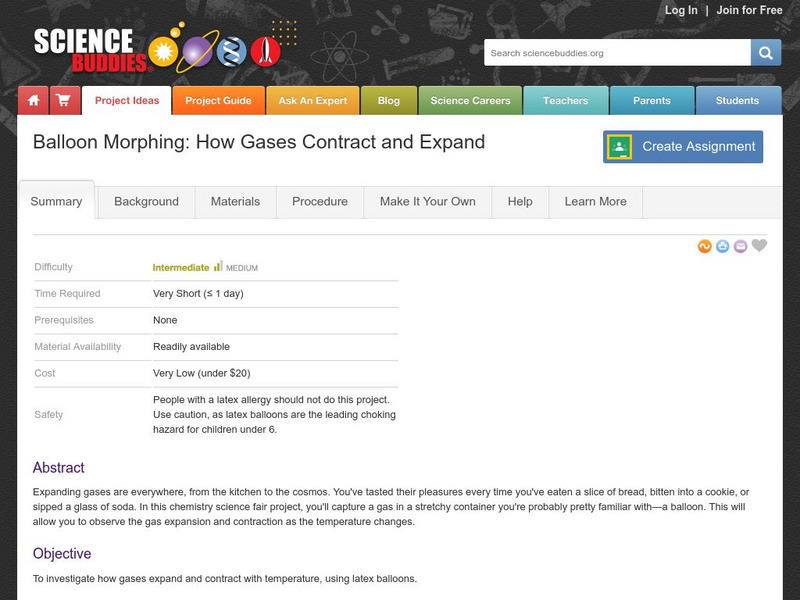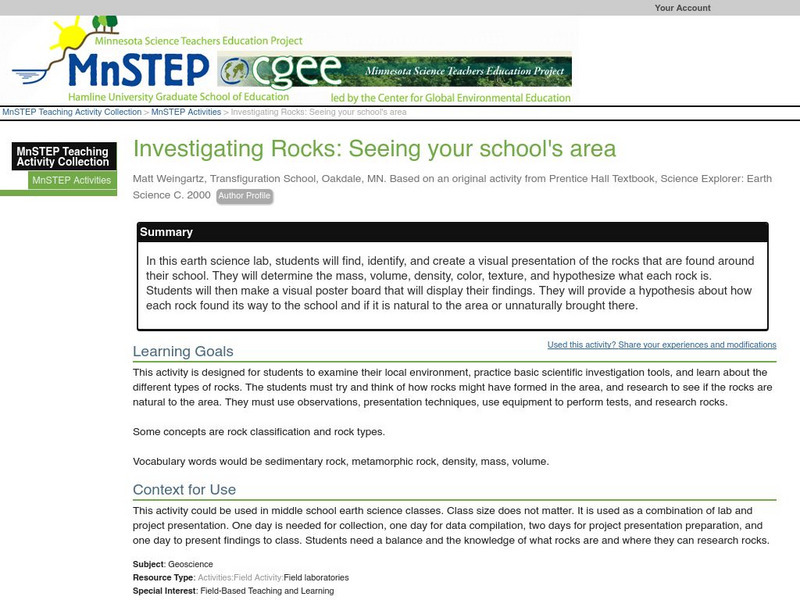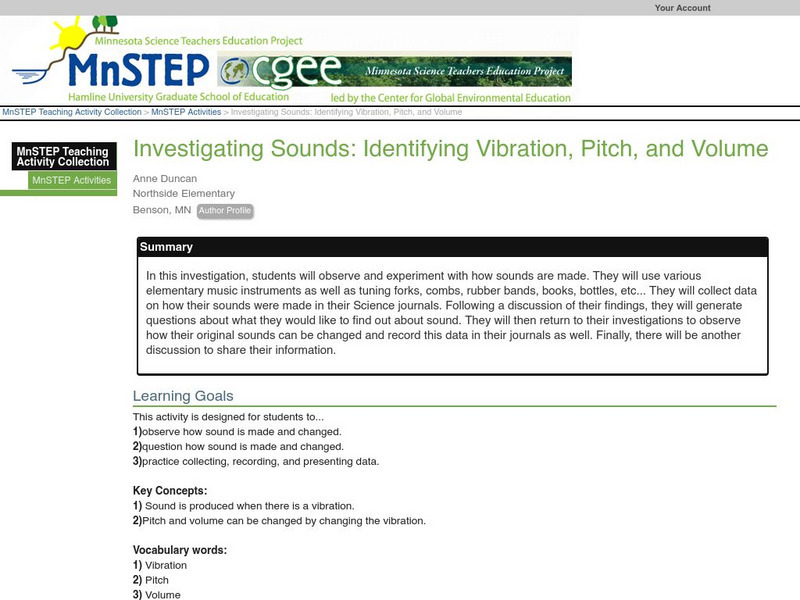Curated OER
Science: Water States
First graders investigate the various forms of water. They discuss the properties of water. They discover examples of water's various states and locate other solids, liquids, and gases in their homes.
Curated OER
Density Lab
Learners use an Excel spreadsheet to calculate the density various liquids. They take pictures of their results.
Curated OER
The Great Volume Exchanger...or the Magic Matter Maker ®
Students pour water into a "magic" box and examine how it comes out with a much larger volume of water. They, working in small groups, design a volume exchanger and explain its design to the whole class.
Curated OER
Million Dollar Gift
Third graders create a box big enough to hold a million dollars. This is a project fun to do near the winter holidays with inexpensive gifts included in the boxes. This hands-on lesson very effectively demonstrates the concept of volume.
Curated OER
Conservation Station
Second graders, in groups, measure the volume of four containers that vary in shape and size.
Curated OER
Measurement
First graders participate in various activities dealing with measurement, length, volume, and temperature. They identify the need for standard units of measure, sort and classify objects, measure distances, and use a thermometer.
Curated OER
Temperature and Solubility
Learners experiment to see how the solubility of a solid changes as water temperature changes. They graph the results of the solubility tests.
Government of Alberta
Learn Alberta: Math Interactives: Exploring Surface Area, Volume, and Nets
Investigate the concepts of area, volume, 3D shapes, and nets using this interactive Learn Alberta math. The solid shapes focused on this exploration include rectangular and triangular prisms, rectangular and triangular pyramids,...
Government of Alberta
Learn Alberta: Math Interactives: Exploring Surface Area and Volume
This multimedia Learn Alberta math resource looks at surface area and volume and how math involved in the design of large inflatable shapes. The accompanying interactive component lets students investigate a variety of cylinders to get a...
Chem4kids
Chem4 Kids: Symbols in Chemical Equations
Chem4Kids! provides an overview of the symbols representing numerical values in chemical equations. Each symbol is defined and described.
American Chemical Society
Middle School Chemistry: Temperature and Density
Observe how heating and cooling affect the density of water. Combine the concepts of temperature, molecular motion, and density to learn that hot water is less dense than room temperature water and that cold water is more dense.
Duke University
Duke University: Web Feats Ii: Free Donuts
This is an excellent interactive site which walks the student through the process of finding the maximum volume for a box given the length and width of a piece of cardboard. The site poses numerous multiple choice questions for the...
University of Regina (Canada)
University of Regina: Math Central: Surface Area to Volume Ratio
Students will investigate the relationship between surface area and volume and their application to the inner workings of real life organisms.
University of Oregon
Welcome to the Pressure Chamber
This site has an online experiment for testing the ideal gas law.
ibiblio
Ibiblio: How Many? A Dictionary of Units of Measurement
The Center for Mathematics and Science Education at the University of North Carolina at Chapel Hill provides an interesting and easy-to-use dictionary of the history and meaning of many measurement terms. Metric, International, and...
University of North Carolina
University of North Carolina: Properties of Real Gases
The University of North Carolina at Charlotte Chemistry Department provides slides 36-40 of this a 40-slide PowerPoint presentation. The site discuss real gases and the van der Waals equation of state. The explanation for why gas samples...
National Council of Teachers of Mathematics
The Math Forum: The Cylinder Problem: Elementary Lesson
Use this lesson plan to help students learn about cylinders. Students will be creating cylinders, and comparing them and their capacity. This engaging, hands-on lesson will hold student interest and be very beneficial to student learning.
National Council of Teachers of Mathematics
The Math Forum: The Cylinder Problem: Middle School Lesson
This lesson offers an interesting, hands-on experience for middle school students studying cylinders. Students will create cylinders, and measure and compare their volumes.
Science Buddies
Science Buddies: Play Doh Math
One piece of Play-Doh can make many different shapes. Even though you can change the shape by squishing or stretching the Play-Doh, it is still the same size unless you add or take away some of the dough. Try this experiment to test how...
Science Buddies
Science Buddies: M&m Geometry
Geometry is the study of how to use math to describe and investigate different points, lines and shapes. The way that a shape is described in geometry is with a formula, which is simply a mathematical way to calculate different...
Science Buddies
Science Buddies: Balloon Morphing: How Gases Contract and Expand
Expanding gases are everywhere, from the kitchen to the cosmos. You've tasted their pleasures every time you've eaten a slice of bread, bitten into a cookie, or sipped a glass of soda. In this chemistry science fair project, you'll...
University of Colorado
University of Colorado: Ph Et Interactive Simulations: Sound
This simulation lets you see sound waves. Adjust the frequency or volume and you can see and hear how the wave changes. Move the listener around and hear what she hears.
Science Education Resource Center at Carleton College
Serc: Investigating Rocks: Seeing Your School's Area
In this earth science lab, young scholars will find, identify, and create a visual presentation of the rocks that are found around their school. They will determine the mass, volume, density, color, texture, and hypothesize what each...
Science Education Resource Center at Carleton College
Serc: Investigating Sounds: Identifying Vibration, Pitch, and Volume
In this investigation, students will observe and experiment with how sounds are made. They will use various elementary music instruments as well as tuning forks, combs, rubber bands, books, bottles, etc. They will collect data on how...








